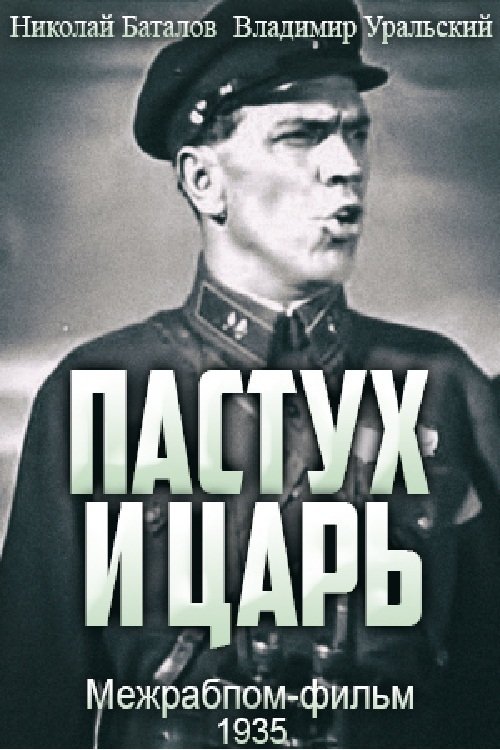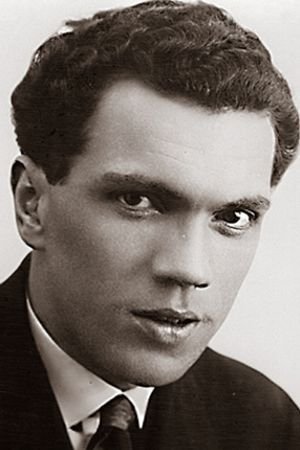
Aqueronte72
9
|
sep. 13, 2024
Spoken portrait of the most eloquent Russian expressionism whose plot begins at the end of 1904 with the voice-over, in the first person of the young Vanka; Recently arrived in Saint Petersburg, as can be seen from the first 3 minutes of the film, said peasant is perplexed by the enormous tsarist city, he walks along the Griboyedova canal, Catherine II Canal just before the worker and peasant protests for better wages that They caused Bloody Sunday at the Winter Palace: a massacre ordered by Duke Vladimir Alexandrovich, uncle of Tsar Nicholas II who was away on vacation. After wandering without work, Ivan travels to Moscow and observes His Eminence Metropolitan Tikhon as well as other curiosities of history. They also highlight the evil details of the Russians blinded by fanaticism to the Tsar who assault Jewish buildings and neighborhoods because since 1881 the repudiation and discrimination against Jews for their alleged participation in the death of the ruler has increased. Then there is a chronological jump to 1912 and immediately the devastating images of the First Great War begin.
A war veteran on crutches asking for help in a restaurant and the intertitle reporting the 450 thousand men that the Russian Army had already lost in 1915; or, the intertitle "Every hour of war costs power 20 million gold rubles." And while the propaganda songs continue to say "peace to the soldier, I will not disappoint the Russian land", in the next intertitle we read: "1916, the Army lost 1 million 500 thousand Russians." The choirs are interrupted and the screen reads "There is no flour! There is no bread." Simultaneously, the peasants and workers shout and gather around with anguished faces. Freedom, Svoboda! Sequences of the ruins left by the war, the photo of Comrade Lenin, the image of Admiral Kolyakov. The director dedicates an intertitle to the first political statements of the young Stalin "To defend the republic, we must create a disciplined worker-peasant army or it will be wasted. 8th Congress of the Communist Party of the Bolsheviks

